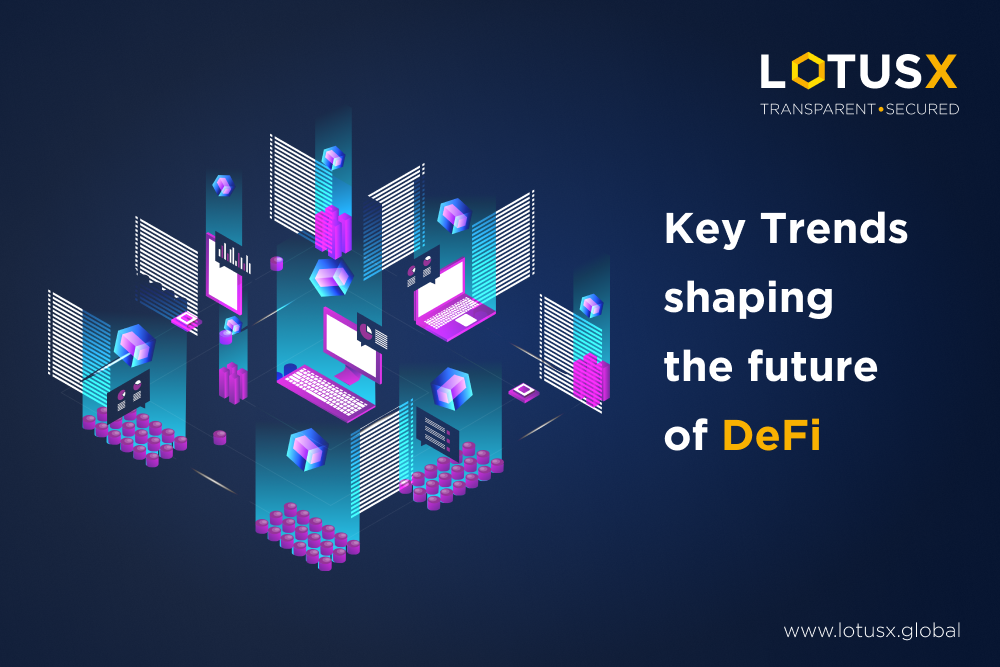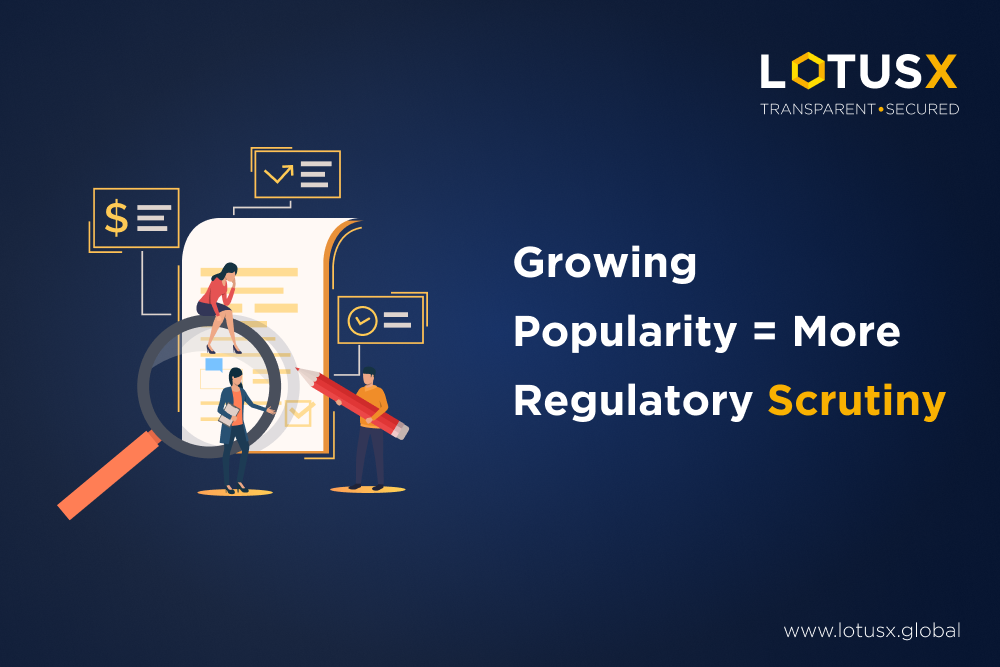“Decentralized finance, or DeFi, is a way of handling money based on blockchain technology. It lets people get banking services without a bank, government, or other central authority. Most DeFi apps are built on open-source software, meaning anyone can access and use them. Decentralized finance, or””DeFi,” is a business that is growing quickly and could change how we think about money. Even after 2023, DeFi is likely to keep getting more and more popular as more and more people use it. This blog will tell you everything you need to know about DeFi.
What is DeFi popularly used for?
DeFi applications include these popular features:
- Lending and borrowing: DeFi platforms allow people to lend and borrow money without a bank. This can be done through peer-to-peer lending, where people lend money directly to each other, or through decentralized exchanges, where people can lend and borrow money against their cryptocurrency holdings.
- Staking: Staking is a process of locking up cryptocurrency to earn rewards. This is similar to how people earn interest on their savings accounts in a traditional bank.
- Decentralized exchanges: Decentralized exchanges (DEXs) allow people to trade cryptocurrencies without needing a centralized exchange. This means that people can trade cryptocurrencies directly with each other without having to go through a third party.
- Insurance: DeFi platforms are also starting to offer insurance products. This is done through smart contracts, which are self-executing contracts that are stored on the blockchain.
DeFi is still a relatively new technology, but it can potentially revolutionize how we think about finance. It offers advantages over traditional financial systems, such as greater transparency, efficiency, and security. As DeFi continues developing, it will become more popular and mainstream.

Key Trends of DeFi
Here are some of the key trends that are expected to shape the future of DeFi:
- Increased adoption by institutions: There has been a growing interest in DeFi from institutional investors recently. DeFi offers several advantages over traditional financial systems, such as greater transparency and efficiency.
- Development of new DeFi applications: In addition to the existing DeFi applications, such as lending and borrowing, we can expect to see the development of new DeFi applications. These new applications could include decentralized insurance, exchanges, and asset management.
- Improved user experience: One of DeFi’s challenges is the need for a good user experience. However, this is expected to strengthen as DeFi developers focus on making their products more user-friendly.
- Increased regulatory scrutiny: DeFi will likely attract more scrutiny as it grows in popularity. This could lead to changes in how DeFi operates, but it is also likely to help legitimize the industry.
- DeFi could become the default way to access financial services: As DeFi becomes more user-friendly and secure, it could become the default way to access financial services. This would mean people could borrow, lend, and invest their money without going through a traditional financial institution.
- DeFi could lead to the development of new financial products and services: The decentralized nature of DeFi allows for the development of new financial products and services that are not possible with traditional financial systems. For example, DeFi could be used to create decentralized insurance products or decentralized asset management services.
- DeFi could help to improve financial inclusion: DeFi could help to improve financial inclusion by making financial services more accessible to people currently excluded from the financial system. This could include people from developing countries or those with a poor credit history.

Concluding Thoughts!
The future of DeFi is still uncertain, but the potential benefits of the technology are significant. We expect substantial growth in the industry. Overall, the future of DeFi looks very promising. Technology has the potential to revolutionize the way we think about finance, and we expect to see significant growth in the industry.




